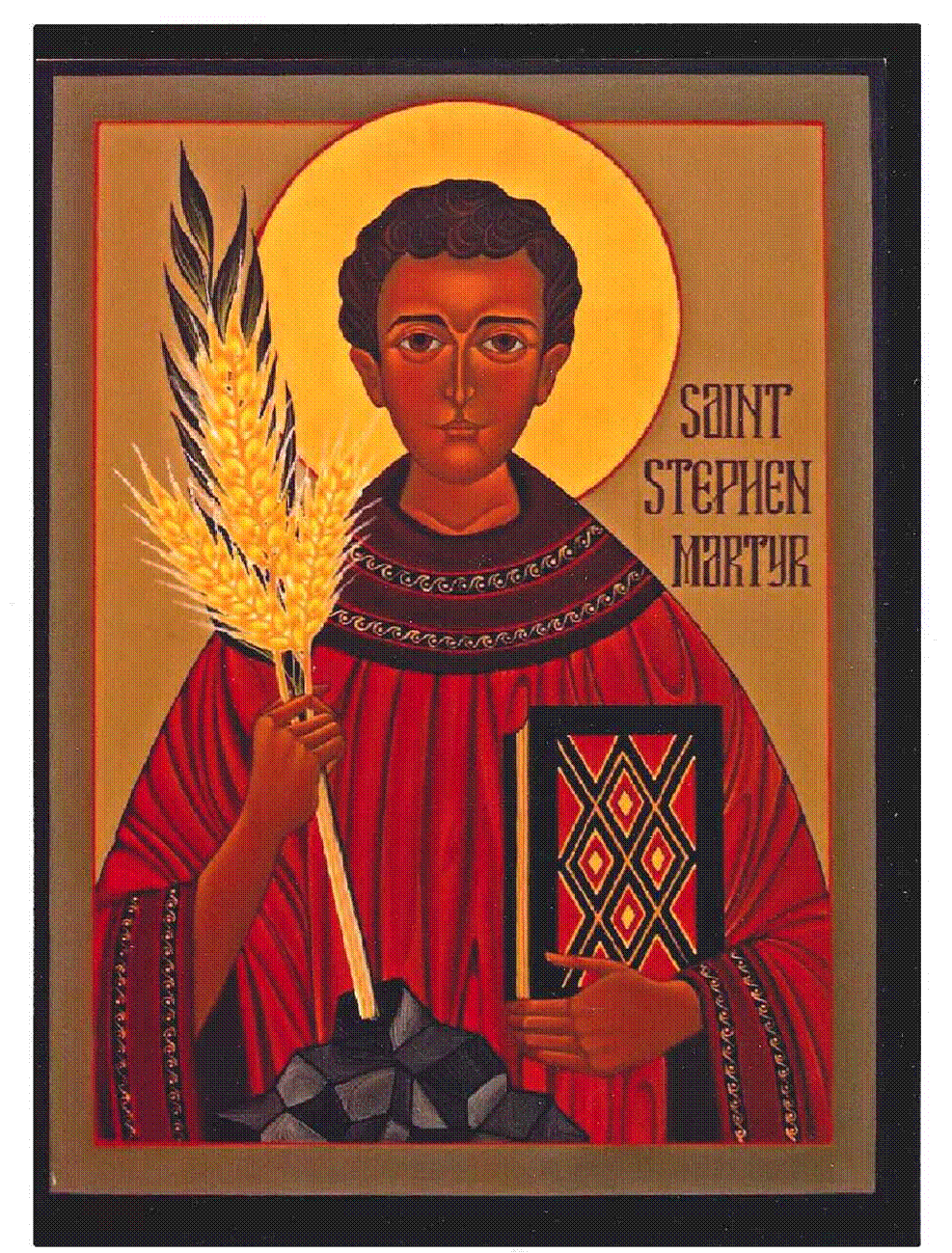Reading Outside the Box

Here’s a push for reading outside the box.
After a random comment that the letter of Jude is seldom (ever?) read, our Wednesday Bible study group decided to read it. It’s short. It wasn’t edifying. But it mentioned the book of Enoch. Enoch is obviously not in our Bible, but it has a long history in the Jewish tradition. It tells the story of how the world became so bad that God needed to destroy it in the flood. In short, it’s all the fault of angels. It’s much more interesting reading than the letter from Jude!
I’ve enjoyed the opportunities to look at readings that are outside the “box”of our prescribed Bible. They may have a tradition from the early years of the Christian church, or they are part of Jewish tradition.
I was clearing out my book shelves and came across a book I bought several years ago, but hadn’t yet read, 10 Things They Never Told me About Jesus, by John Bell.
It’s about things that can be deduced from the Gospels, but they aren’t specifically said.
Bell notes that a great deal about Jesus can be discerned from what is said in the Gospels, but also from what is not said.
In the genealogy of Jesus, only four women (outside of Mary) are listed. All of have questionable sexual histories, and every one of them became part of the Hebrew community through marriage. Does this make Jesus easier to relate to because he comes from a flawed background? Does it help to know that God knows the world is imperfect?
Very little is written about Jesus’ childhood. We know he was born, he was circumcised, he was exiled to Egypt, he went to the Temple when he was 12.
That’s it.
If he’d had a remarkable childhood, astounding his family and friends with his knowledge of the word of God, or healing people, don’t you think that would have been recorded? Instead, we know nothing, so Jesus must have had a pretty normal childhood. How did that normal life affect his interactions with people? Did his time as an exile give him a certain empathy to the travelers and foreigners that he met as he taught?
It’s hard to discern from the Gospels what Christian family values are. The few times Jesus is portrayed as speaking to his mother, he was rather curt with her. He denied his brothers and sisters. He implied that people should kill their family members who didn’t follow Jesus. He took his apostles away from their jobs as breadwinners for their families. His family members weren’t blood relations, they were the community that surrounded him.
Jesus had an uncommon respect for women. He never spoke to them as inferiors. When he speaks of people who are models of faith, they are women. He was willing to face the wrath of the culturally correct in order to speak with women.
I look forward to some additional Bible reading with some of these additional insights.
It can be eye-opening to read outside the box, to introduce yourself to biblical stories that are outside the Bible, to figure out what is not being told.
— Ann Iona Warner












